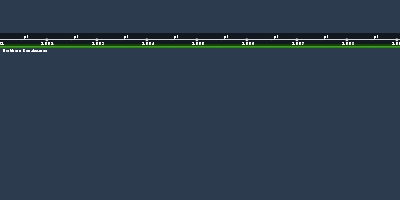Ottoman Empire (23 déc. 1289 – 23 déc. 1923)
Description:
Location: around Turkey, Balkans, Middle East, and Northern AfricaOrigins: Nomadic Turks organized into military societies called "Ghazi" headed by an emir (chief commander)
Osman: leader of Turks who called himself sultan and started empire-building
Ottoman Rule:
- treated conquered people well
- appointed local officials
- improved the lives of peasants because they were taxed less
- Muslims were required to serve in the military
- non-Muslims paid a tax to avoid the military which allowed them to rule themselves (millets)
Millets: non-Muslim nations within the Ottoman Empire that were allowed to have their own religious laws and practices
Social structure: 4 social classes (top two are Muslim)
1. Men of the Pen: highly educated scientists, lawyers, & doctors
2. Men of the Sword: military personnel; soldiers
- Devshirme
- Janissary
3. Men of Nogetiation: merchants, tax collectors, & artisans
4. Men of Husbandry: farmers & herders
Cultural blending: art & architecture reflects the diversity of the empire; sultans build mosques
Economics
Mostly agrarian (most people worked on farms or trade)
Ottomans inherited the Seljuk trade routes
Trade items
- from Asia: silk, tea, porcelain, & spices
- from Russia: fur, grain, amber, mirrors
- export was leather and wool
- military goods could not be exported
Sophisticated tax and regulation of trade
- merchants had to buy licenses to sell goods
- Bazars (markets) were regulated by Kadi who were judges who settled disputes going on
- most subjects were taxed at a rate of 10 to 20%
- Muslims were tithed and non-Muslims paid a poll tax
- 10% death tax on property and servants of civil servants
Sacking of Constantinople (1453): closed trade with Europe
Eventually, Europeans were granted trade rights
- first France
- Elizabeth I of England granted a royal charter to the Ottoman trading company
- Ottoman profits on trade goods incentivized Europeans to seek alternate routes to goods
Decline of Ottamans:
- rulers afraid of being overthrown kill their sons
- leads to a series of weak leaders
- new trade routes by sea to Asia bypass Ottomans reducing trade revenues
Ajouté au bande de temps:
Date:
23 déc. 1289
23 déc. 1923
~ 634 years
